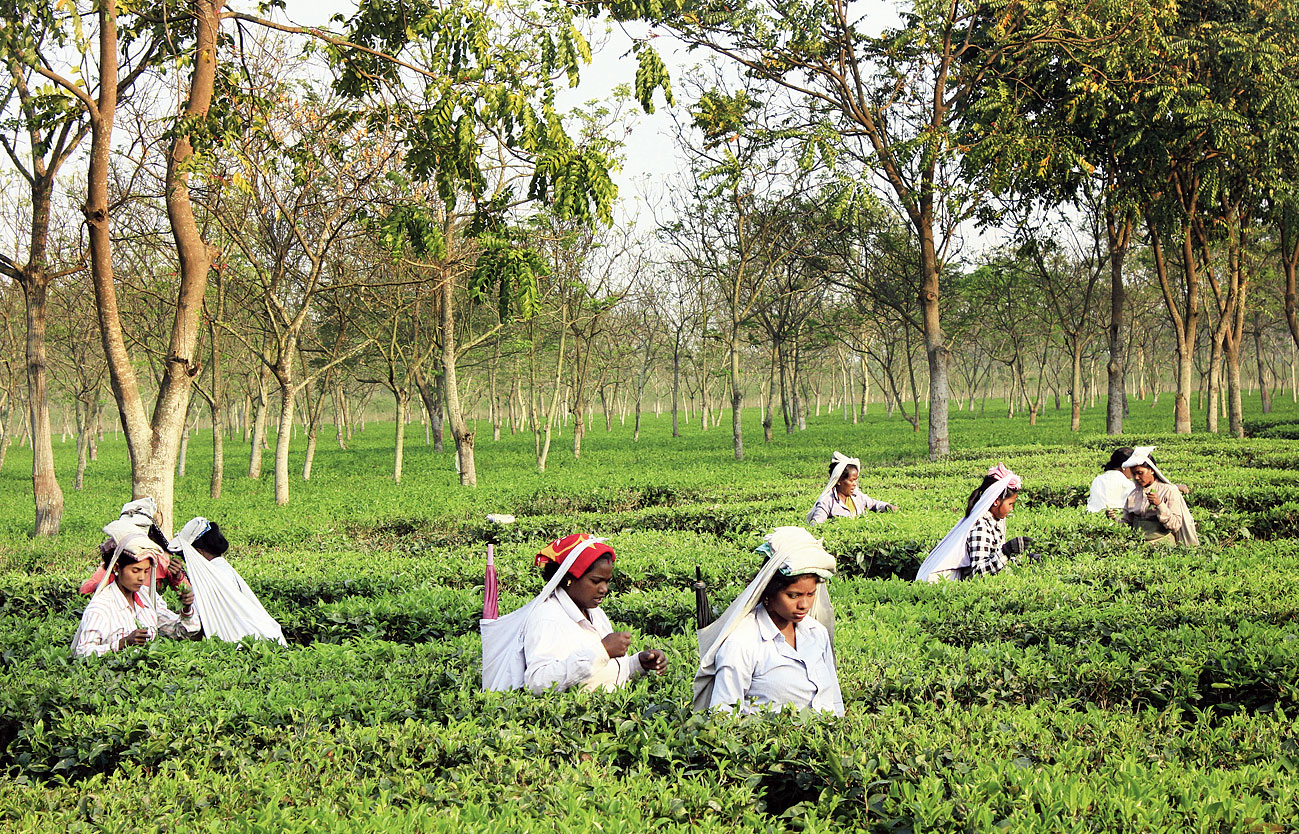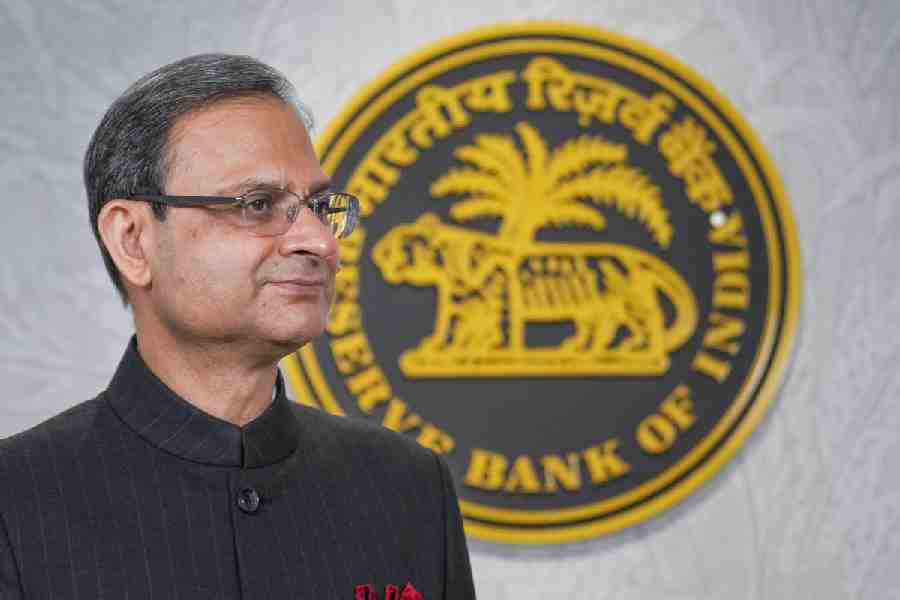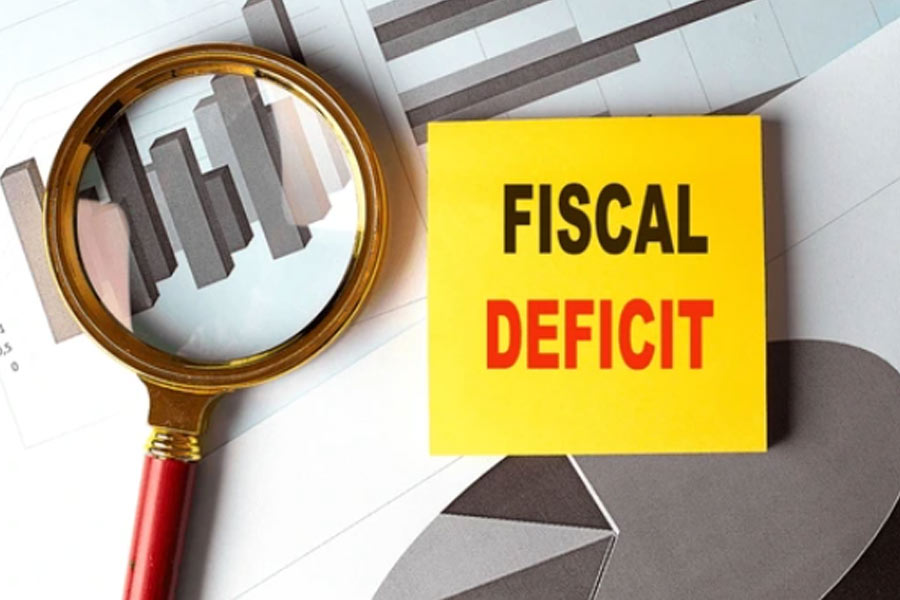The biscuit seems to have lost its crunch. Now the “chai” seems hard to brew.
Representatives of the Consultative Committee of Plantation Associations (CCPA) — the apex body of tea planters’ forums — on Thursday urged the Centre to provide financial assistance to the sector.
The first such appeal by the CCPA for financial relief came a day after biscuit major Parle Products indicated that it might have to lay off 10,000 workers because of crumbling demand.
The tea planters have demanded subsidy on working capital for at least five years. This is an indication that tea — already plagued by problems of oversupply — is not in good health.
“Considering the present state of affairs, we need immediate intervention of the Centre. Otherwise, it would be hard for the industry to sustain the growing costs,” said Nayantara Pal Choudhury, vice-chairperson of the Indian Tea Association (ITA), one of the CCPA’s constituents.
Arijit Raha, secretary-general of the ITA, outlined the areas where the Centre couldoffer succour. ‘The industry needs a financial aid package which should include working capital loans with interest subvention along with the provision for a two-year moratorium. We also need interest subsidy on working capital for at least five years,” said Raha.
The CCPA said the government should also consider paying the employers’ share of workers’ provident fund for three years.
According to the association, annual tea production was 979 million kg in 2009. It jumped to 1,339 million kg in 2018. The 36 per cent rise is attributed to rising output from small tea growers — those with areas less than 25 acres. “Due to this rise, particularly when domestic consumption has not increased and exports have not grown, there is stagnancy in prices,” said Prabir Bhattacharjee, secretary-general, Tea Association of India.










